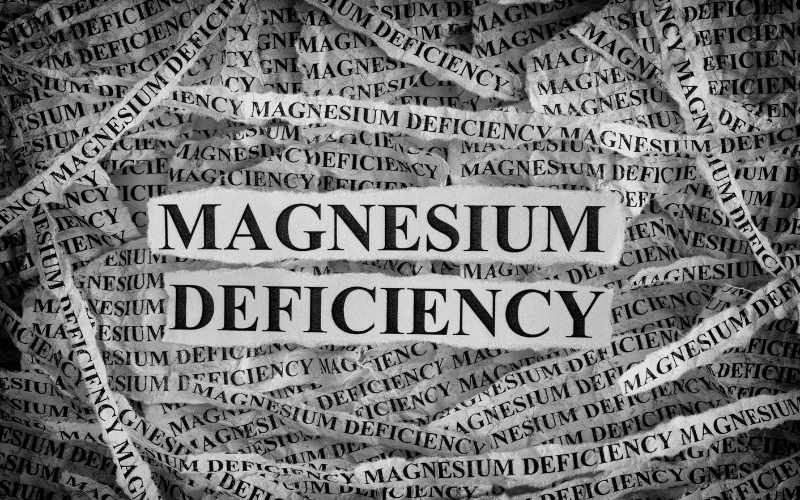Introduction: The Importance of Magnesium in Our Bodies
Magnesium is an essential mineral that plays a vital role in countless bodily functions. Unfortunately, many people suffer from a magnesium deficiency, also known as hypomagnesemia, which can lead to a wide range of health problems. In this article, we’ll delve into 15 symptoms of magnesium deficiency and discuss the importance of maintaining adequate levels of this critical nutrient.
Magnesium is involved in over 300 enzyme reactions in the body, which makes it crucial for various processes such as energy production, protein synthesis, and muscle and nerve function. This mineral also plays a key role in maintaining a healthy immune system, regulating blood sugar levels, and supporting heart health. Therefore, it’s no surprise that a deficiency in magnesium can lead to numerous health issues.

It’s estimated that around 50% of people in the United States have a magnesium deficiency. This can be attributed to factors such as poor dietary habits, reduced magnesium levels in soil and water, and increased consumption of processed foods. Additionally, certain medications and health conditions can affect the body’s ability to absorb magnesium, further contributing to deficiency.
In this article, we will explore the 15 most common symptoms associated with magnesium deficiency. By understanding these symptoms and their impact on your health, you can take the necessary steps to ensure that you are maintaining optimal magnesium levels.
Symptom 1. Muscle Cramps and Weakness: The Painful Reality of Low Magnesium Levels
One of the most noticeable symptoms of magnesium deficiency is muscle cramps and weakness. Magnesium plays a critical role in muscle function, and when levels are low, it can lead to painful cramping and a general feeling of weakness. This symptom is particularly common in athletes and those who engage in regular physical activity.
The reason behind this is that magnesium is responsible for regulating muscle contractions by acting as a natural calcium blocker. When magnesium levels are low, calcium can flood the muscle cells, causing excessive contractions and cramping. Additionally, magnesium helps with the production of adenosine triphosphate (ATP), the body’s primary energy source. A deficiency in magnesium can reduce ATP production, leading to muscle weakness and fatigue.
To combat muscle cramps and weakness, it’s essential to ensure you are consuming enough magnesium-rich foods, such as leafy greens, nuts, seeds, and whole grains. In some cases, a magnesium supplement may also be beneficial. However, it’s important to consult with a healthcare professional before starting any supplementation regimen. (1)